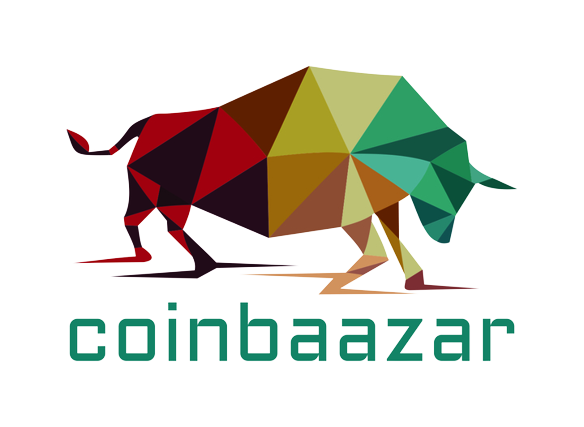The end date of the digital yuan could cause Bitcoin to explode.
With the new digital yuan, Bitcoin could become more interesting. The crazy plan to make money that isn’t being used worthless may be good for Bitcoin.
Under the guise of “warming up” the economy, the Chinese Communist Party wants to use its Central Bank Digital Currency (CBDC) as a model for a system that lets money expire.
The plan is to take the money out of the bank accounts of people who haven’t used it in the time allowed by the government.
This worries the people, especially those who are against the regime, because it means that another trick could be used to keep track of and control everyone.
Chinese people will now have to worry about an “expiration date” for the money they keep in their bank accounts. This is on top of having to worry about their money losing value.
The Chinese Communist Party will not only be able to control the flow of money within the country, but it will also be able to control the behaviour of its citizens in a way that has never been done before. Issues like subordination to the party and subversion can “expire” the users’ money.
People worry about this measure, especially those who don’t know much about Bitcoin, since the first thing that comes to mind to protect savings is the cryptocurrency.
Bitcoin can protect the assets of Chinese people and people in any other country where the government wants to do the same thing.
In October 2020, China was the first country to test its digital currency. Officials in Shenzhen held a lottery to give away a total of 10 million yuan, or about $1.5 million, in digital money. There were almost 2 million applications, but only 50,000 people were chosen.
China Daily says that the winners then had to download a digital Renminbi app to get a “red letter” worth 200 digital yuan ($30), which is a Chinese tradition for giving money. The winners could then spend the money at over 3,000 designated stores in Shenzhen’s Luohu district. After that, they could buy what they needed at local pharmacies, grocery stores, supermarkets, and even Walmart.

